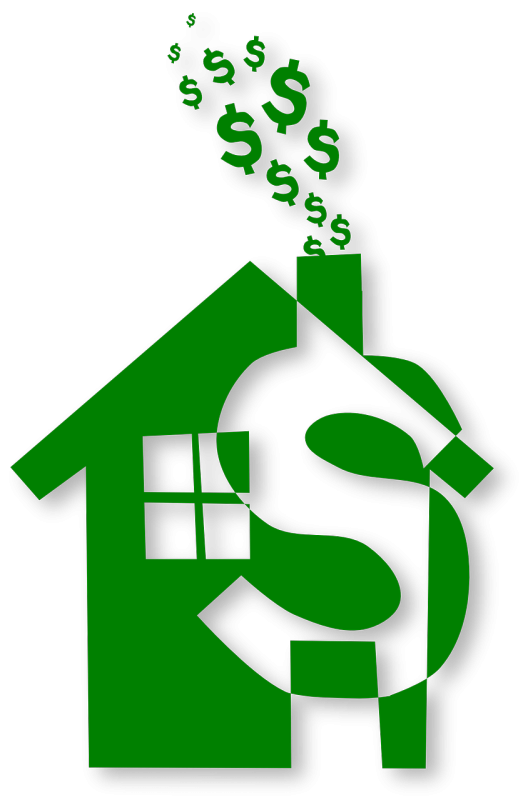
Advantages of an all-cash offer:
- You’re in a tough seller’s market. If bidding wars are erupting over homes, an all-cash offer can help you cut through the competition and catapult your offer to the top of the list. “All-cash can be an advantage when it comes to shorter escrow periods and eliminating some contingencies,” says Annapolis, MD, real estate agent Greg Beckman.
- Depending on your market, an all-cash offer can strengthen your negotiation stance and persuade sellers to accept less than their full asking price. However, “in today’s low-inventory seller’s market, don’t expect to get a crazy-good deal because you’re paying cash,” says Beckman. “But if you’re not in a bidding war, you should be able to get the home for a little less.”
- If you’re in a rush, an all-cash purchase can streamline the home-buying process for you, too, since there’s less paperwork and no delays for mortgage approval.
- Without a mortgage, you can actually save money on closing costs, title insurance, and other mortgage-related fees. No loan also equals no money wasted on mortgage interest for the next 15 or 30 years.
- This may seem obvious, but we’ll say it anyway: Owning a home free and clear means no mortgage payments! You’ll never have to worry about foreclosure (where the lender takes over your home) because you didn’t pay your mortgage.
Disadvantages of an all-cash offer:
- You’ll be tying up a lot of money in one asset rather than diversifying your financial portfolio.
- Your purchase could drastically limit your liquidity.
- You’ll miss out on sizeable tax deductions. (For instance, homeowners with a mortgage receive a tax break on mortgage interest.)
- Your money may be better invested elsewhere (depending on how aggressive you want to be with your investments).
How to make an all-cash offer without getting screwed
While an all-cash offer has many positive qualities, there are still some pitfalls you’ll want to avoid. Here’s how to do it right.
Put the money in one place. You can use cash from a variety of sources to buy a house—including personal savings, cash gifts, and inheritance—but having your home-buying funds in one account can make it easier for you to keep track of the money you’re going to need. Also, because bank transfers can have delays, you don’t want to be moving money around shortly before closing.
Provide proof of funds. You’ll have to provide the home seller with a copy of your bank statement as proof of funds when you submit your offer.
Don’t forget your other home-buying expenses. Even if you plan on buying a house in cash, you still have to budget for the costs that come with any home purchase, including the following:
- Property taxes: They depend not only on the home’s assessed value but also where you live. (See how to calculate property taxes.)
- Homeowners insurance: The average annual premium runs about $1,820, but a number of factors can go into calculating the cost. (See how to calculate your homeowners insurance.)
- Homeowners or condo association fees: For a typical single-family home, HOA fees cost around $200 to $300 a month.
- Home inspection: A typical home inspection costs $300 to $500, according to the U.S. Department of Housing and Urban Development, but costs can vary. (See our home inspection checklist.)
Don’t completely drain your savings. Paying for a house in all cash should not leave you scraping the bottom of your bank account!
information provided by: REALTOR.COM






